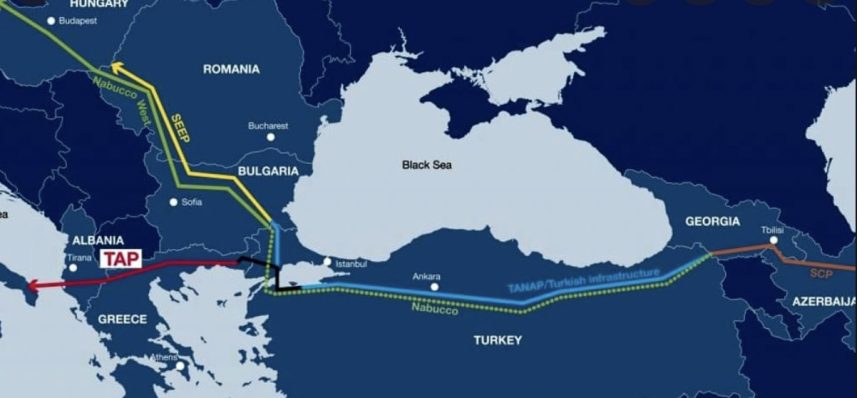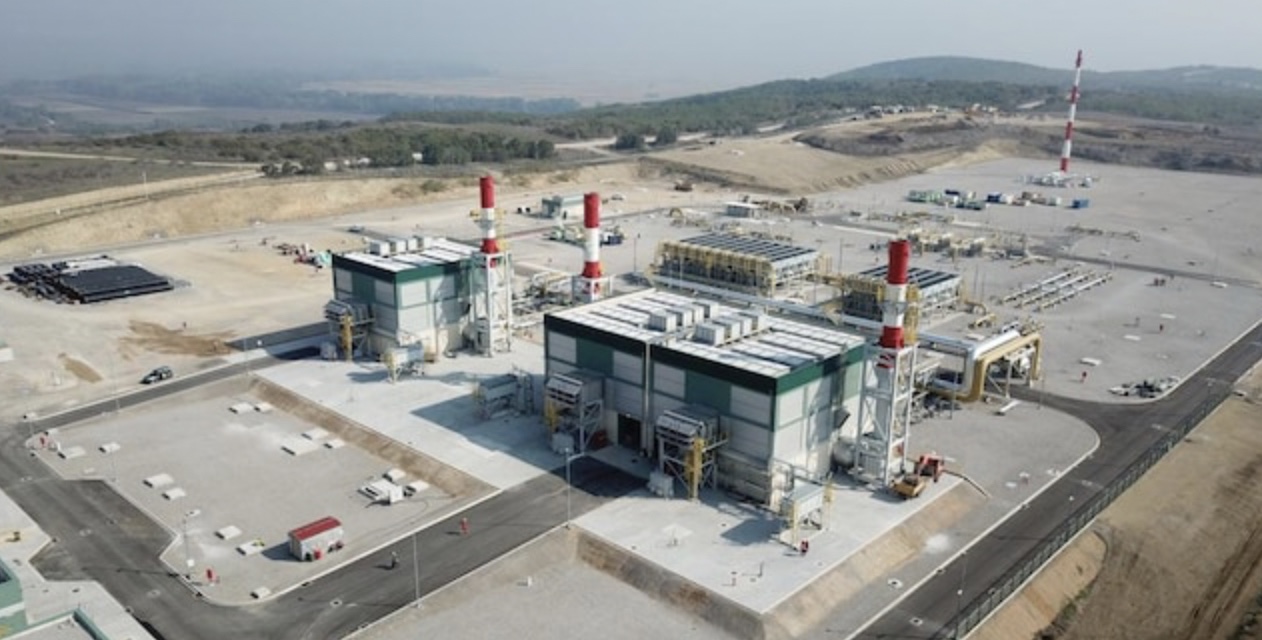(by Massimiliano D'Elia) Fortunately, the Tap is there. Remember an old proverb: "the mouse with only one hole survives little and badly". Thus the Tap gas pipeline, opposed some time ago by a part of Italian politics (M5S), is today perhaps the best initiative that our country could pursue, demonstrating unusual foresight. The Tap that from Azerbaijan arrives in Puglia, in San Foca, thus supplying Europe and Italy with the precious hydrocarbon, mitigates the strategic lever used by Russia with the supply of gas through the Nordstream pipeline. The Tap extends for 3.500 kilometers, starts from the Caspian Sea and crosses Azerbaijan, Georgia, Turkey, Greece, Albania and Italy.
Yesterday a delegation from Brussels flew to Azerbaijan to convince the authorities to increase the supply from 10 billion cubic meters to 20. The Commissioner for Energy led the delegation, Kadri Simson, which flew to Baku for the Advisory Council and which aims to transform Tap into the largest gas reserve for Europe: "I believe it has a positive impact on the countries and regions it serves and contributes heavily to reliable, competitive and sustainable supplies in South Eastern Europe ”.
Today, Russian gas pipelines carry 38% of their capacity while storage deposits in Europe contain only 16% compared to the average of 40, thus certifying Putin's “clockwise dosing” tactic. The ongoing negotiations, on the other hand, should lead to an immediate increase of approximately 6 billion cubic meters, of which 8 billion destined for Italy.
Representatives of the governments of Ukraine, Moldova, the USA and Great Britain were also present at the meeting yesterday. The basins in Azerbaijan are capable of producing about 400 billion cubic meters of gas a year and, to make a comparison, the Italian requirement alone is around 70 billion cubic meters. There are also other initiatives aimed at supporting the TAP project, such as that of Turkmenistan which now exports its gas mainly to Russia and China but has begun to turn its gaze to the west by evaluating the possibility of connecting to the TAP pipeline. The US, on the other hand, is negotiating with Qatar for the transport of liquefied gas, by ship, to the old continent.
What is Tap
The Tap (acronym of Trans Adriatic Pipeline) is a pipeline about 850 kilometers long that crosses the Balkans from the border between Greece and Turkey and enters the Adriatic at Fier to land in Melendugno in Puglia.
The TAP costs about 4,1 billion euros of largely private investment. It has the capacity to transport 10 billion cubic meters of gas a year to Italy and Europe and is already calibrated to be able to double to 20 billion cubic meters. In this case the doubling will not require a second conduct; more simply, the compression stations along the route will be increased and strengthened, in order to increase the pressure and the quantity of gas pushed into the pipeline.
But the whole project is much more demanding and is also formed by the first section of the pipeline, the Tanap (Trans Anatolian Pipeline). It begins in Azerbaijan, in the Şah Deniz fields that Socar, the state company, has in the Caspian Sea. The entire "southern corridor" from the Caspian Sea to Puglia costs 45 billion dollars, including the works on the fields in Azerbaijan.
The largest shareholders are BP, Snam and Socar with 20% each. Minor stakes in the Belgian Fluxys (19%), the Spanish Enagas (16%) and Axpo (5%).

